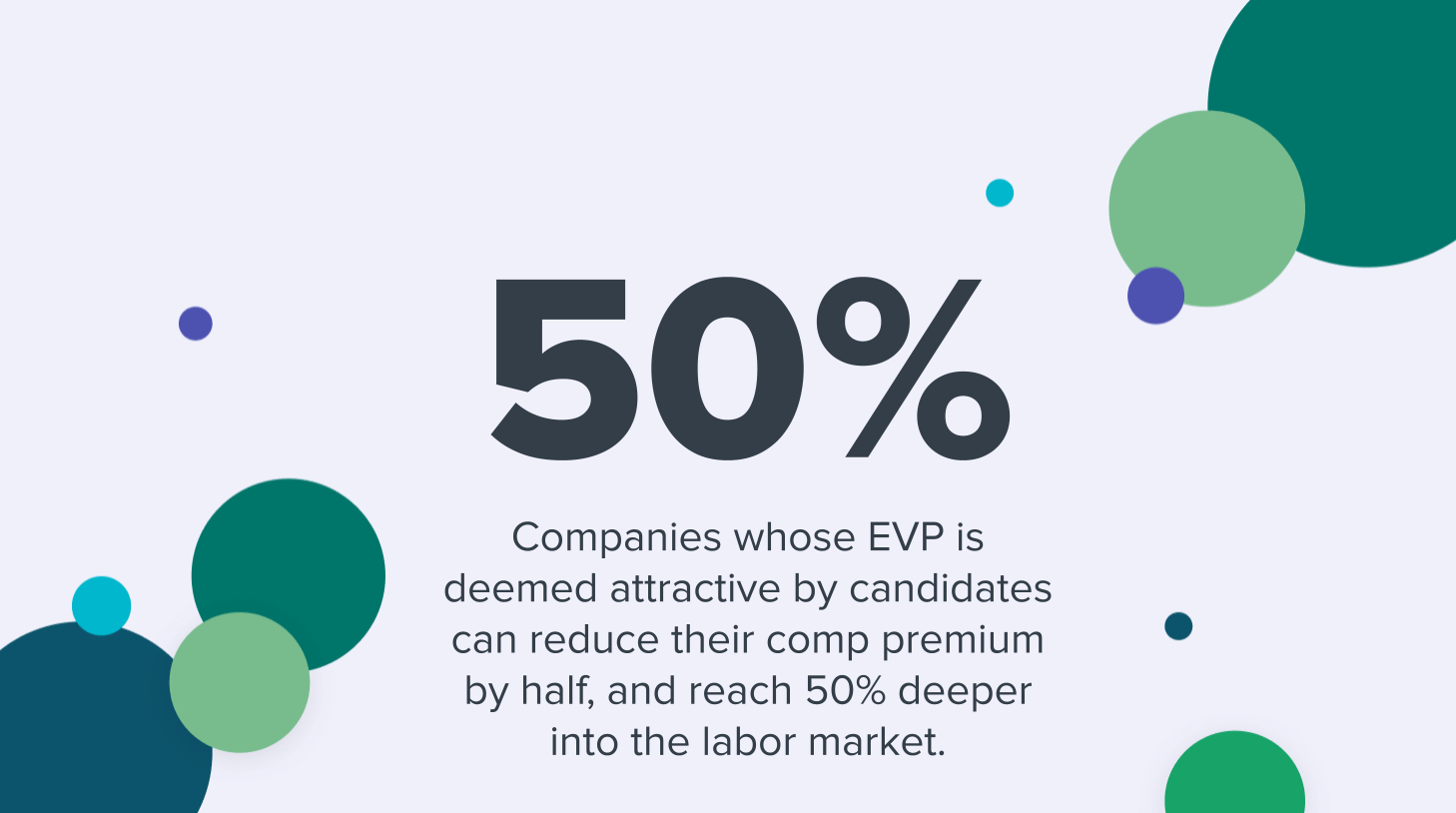Can’t afford to pay more? Be radically transparent with candidates
Ever read an article that confirmed your thinking that the world of work has gone mad? This was me, as I read an article from Business Insider revealing how much engineers, developers, and product managers earn at companies like Apple, Amazon, Facebook, Google, Microsoft, and other big companies with deep pockets.

The salaries were so breathtaking, I emailed it to myself using the subject line ‘silly salaries’. Because what are lesser known companies meant to do? Worse, what are small- and mid-sized businesses meant to do, when trying to attract people who have the choice of jobs, when they know they cannot possibly compete on salary?
Embrace transparency
For those of us who started our careers twenty or more years ago, we remember when you couldn’t simply go to a search engine and type in ‘recruiter jobs London’ and see 29.6 million results. You couldn’t find and track salary information or read reviews that showed life behind closed doors. The world of work was fairly opaque.
All this changed with the explosion of the Internet and the 2008 global financial crisis. People flooded online, using sites like LinkedIn, Facebook and Twitter to share, connect and look for work. With the Internet came transparency, and the shift from the company being in charge to the employee being in control of their destiny.
And now? In 2022, companies can no longer arrogantly think, ‘be grateful to work for us’. Instead, leaders should be grateful that people choose to work for them.
This employee power has led to many initiatives that have been the focus of HR in recent years in the hope of retaining talent. These include employee engagement, DEIB, mental health, flexible and hybrid working, and more.
The companies who have not become people-first are the ones that fear The Great Resignation or, more aptly, The Great Reassessment. They cannot throw open the door, because people wouldn’t choose them.
Get radically transparent
No company is perfect, and it’s not realistic for people to even expect that. But people do look for leaders who are honest, approachable, confident, reflective, open to learning, caring and trusting of their people.
Future employees also look for the impact the company is making, and if this is something they want to be part of. Look around at the companies that have thrived through the pandemic, and you’ll find great leadership qualities to emulate and missions that are clearly defined.
Plus, according to research from Gartner, organizations that deliver on their employee value proposition can decrease annual employee turnover by nearly 70% and increase the commitment from new starters by up to 30%, so it makes business sense.
Moreover, Gartner’s research finds a well-thought-out EVP can reap dividends in the candidate attraction process – when candidates view an EVP as attractive, companies can reduce their compensation premium by half, and reach 50% deeper into the talent market.
So take your great EVP and share it online, far and wide. How do you do that? Try these three strategies for starters:
1. Compelling human stories
In my book The Robot-Proof Recruiter, marketer Bennet Sung explained the value of using human stories like this.
“Persuading candidates to come and work for you is one of the most complex story tells that anyone has to engage with. Unlike products, which have a tangible list of features, selling your values, mission, culture, team and manager (employment brand) is much more experiential and personally different for each candidate. This storytelling requires finding a way for a candidate to virtually experience the employment brand and that could be via a wide range of channels including hiring manager videos, employee videos, reputation sites, and so on.”
“Unlike products, which have a tangible list of features, selling your values, mission, culture, team and manager (employment brand) is much more experiential and personally different for each candidate.”
Over the course of 2021, you may have noticed that hiring recruiters became incredibly difficult, and not every company or agency can compete on price. Take not-for-profit recruitment agency, Radical Recruit, as an example; they exist to bridge the gap between disadvantaged job seekers and the world of work.
Radical Recruit cannot compete on salary and yet amazing recruiters choose to join them. Why? Because they share their human stories on LinkedIn, Instagram, Twitter and Facebook. You will see videos and posts from their leader, Emma Freivogel, from the team who genuinely love the impact they are making, and from the people they support. They are not perfect, but they are an open book for people to opt into.
View this post on Instagram
2. Non-monetary incentives
Consider what you can offer that doesn’t involve reaching into your pocket. Can you offer equity or true flexibility, for example? Or offer bikes, electric cars and other incentives via a salary sacrifice scheme?
Chatting with fellow Workable contributor, Suzanne Lucas, about this dilemma, she proffered the 4-day working week. Not revolutionary – there’s even a how-to implement post here – but it is effectively a 20% pay increase. Just by changing your hours, you could attract new people on the same salary rather than having to offer an increase.
Plus, by getting into the trend early, your current employees will not only love it, they’ll struggle to find another employer doing the same so you’ll increase retention.
But Suzanne also warns that you must not offer a 4-day working week and still expect people to respond or even attend meetings on their day off. In my work, I have seen these kinds of leaky boundaries lead to all sorts of problems, including reduced employee engagement and bad reviews impending future hiring. Be sure to agree to and stick to a set of parameters with your employees and new joiners, so it is easy to manage and morale stays high.
3. Ask your people for ideas
You are not alone. You already have a team of people working for you who would be happy to get involved. Often though, they don’t understand how challenging the finances are or that, perhaps, you have barely paid yourself during the pandemic, until you tell them.
Sometimes the simplest things are the most effective. A great example is seen in the Ministry of Defence in the UK. By encouraging employees to share new job vacancies with the women they knew, they saw an increase in the number of applications, job offers and accepted offers by women, even in traditionally male-dominated roles.
So even though asking for help can raise all manner of feelings from fear to shame – especially as the company leader – your people will love your vulnerability and appreciate your trust. They will also have plenty of suggestions. After all, they choose to work with you; maximize it!
In summary, while it’s high up the list for many, money isn’t the only reason people will choose your company. Take advantage of the free tools available that let you open the door to your business.
Let people see it, warts and all. Share your employees’ stories, your mission, and your successes – and even your failures and lessons learned. Get creative, get everyone involved, and watch the difference it will make to your recruitment, even in this market!





